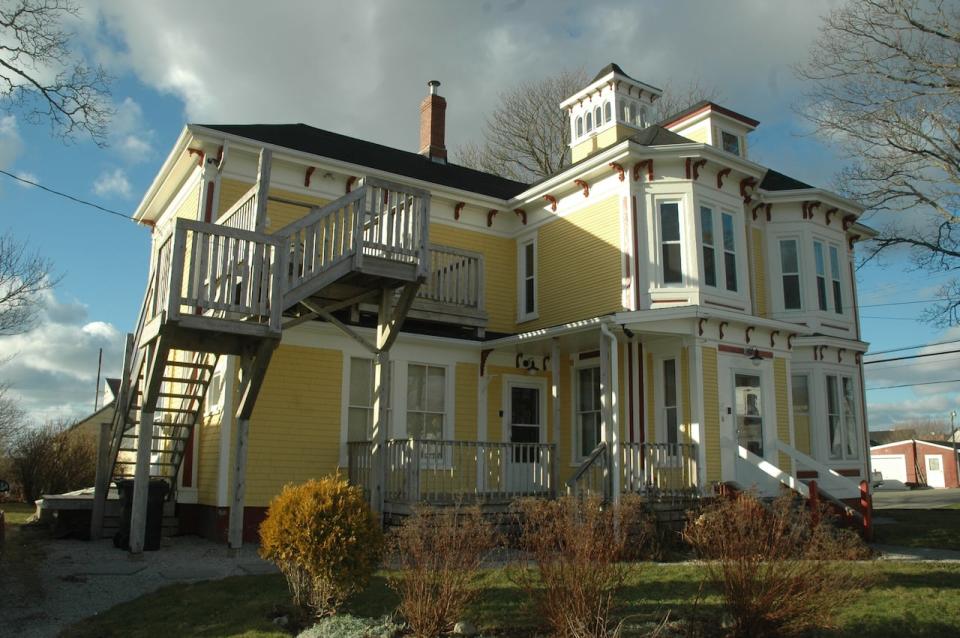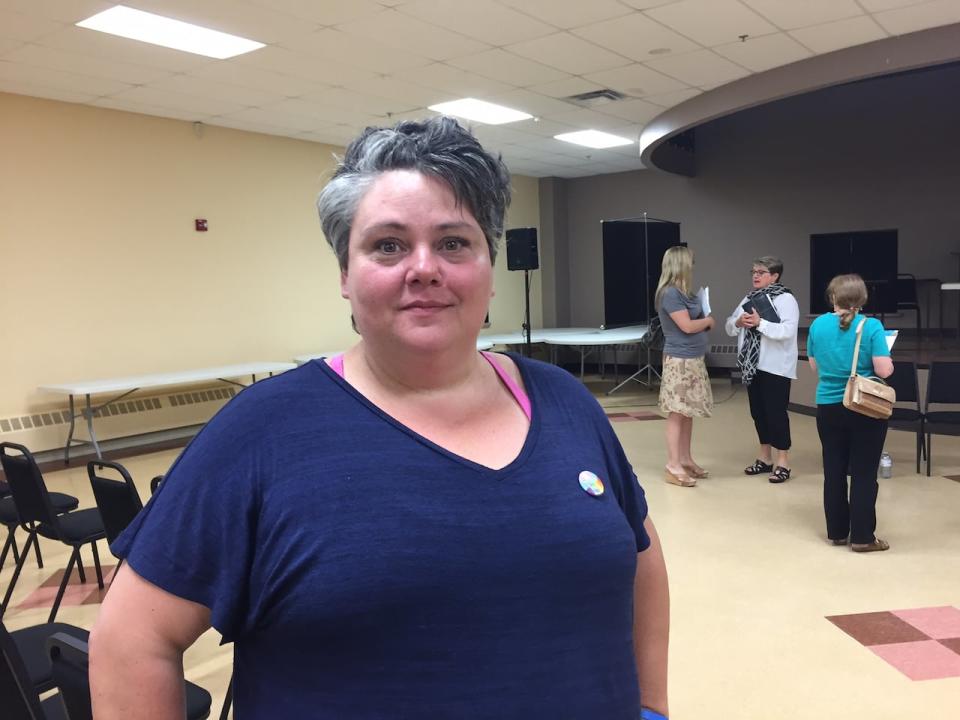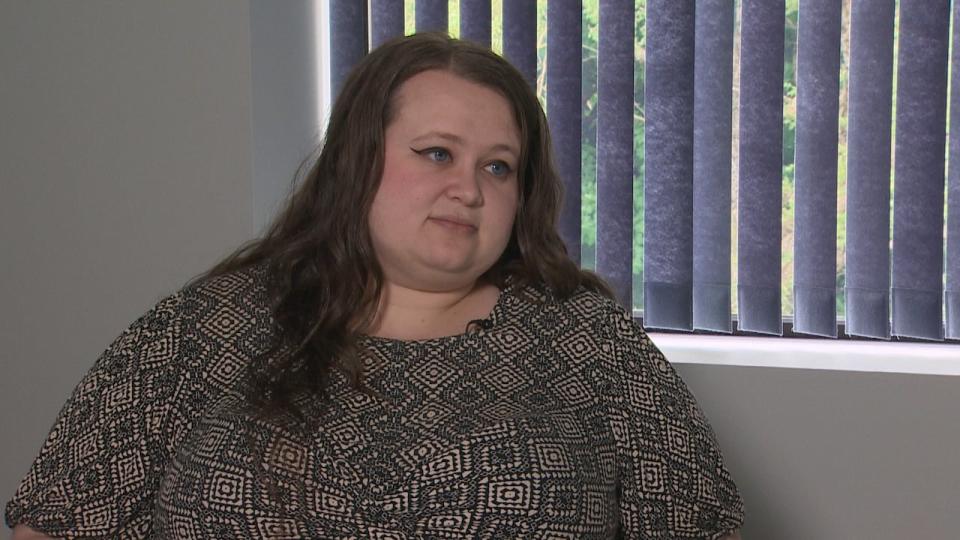2SLGBTQ+ youth in N.S. overrepresented in unhoused population, say outreach workers
When Rae Paul first started as housing co-ordinator with the Youth Project about a year ago, he had no clue how many people in the 2SLGBTQ+ community would need his help.
In only 10 months, Paul said he's spoken to over 35 queer and transgender people experiencing homelessness in the Halifax area, and he's only been able to help find stable housing for five or six of them.
"I wish it was as easy as, you come to me, you need housing, I have a place for you to live," said Paul.
He works with young people in the 2SLGBTQ+ community between the ages of 16 and 30. He said many of his clients have been rejected or even thrown out by their families because of their sexual orientation or gender identity.
"At the end of the day, what I'm seeing is a fundamental lack of attention toward queer and trans folks when they talk about their experiences," said Paul. "Almost every single person that I've worked with has experienced some level of transphobia or homophobia."
The issue is not unique to Halifax.

Reports have shown that 25 to 40 per cent of homeless youth in Canada identify as 2SLGBTQ+.
In Yarmouth, N.S., young people experiencing homelessness can turn to SHYFT House, which offers temporary housing and services to youth 16 to 24.
Shanna Grant is the outreach worker at SHYFT. She said she also sees a disproportionate number of 2SLGBTQ+ youth coming through the organization.
Like Paul, Grant pointed to familial rejection and discrimination as key reasons these youth end up homeless.
"A lot of them come to us pretty defeated," she said.
Grant said being in a rural community where "everybody knows everybody" can also worsen the level of discrimination.
At the other end of the province, Madonna Doucette, director of the Youth Project's Cape Breton branch, said the situation is no different.
Doucette is more often than not unable to help find solutions for youth in need of housing, apart from referring them to the Abbey Ridge supportive living program in Glace Bay, which she says is always at capacity.
Otherwise, Doucette said finding stable, affordable, long-term housing for these youth is nearly impossible.

"I find myself staring at an abyss of no options," she said. "It hurts my heart. I feel helpless."
She said another added element is finding a safe space for the youth where they'll be fully accepted for who they are.
"We need to demonstrate to these kids that they are valuable, that they are worth the effort to not just solve their housing problems, but to look at them as an entire human being and make sure that all of their needs be met — whether that be cultural or spiritual, or based on their sexual orientation or gender identity," said Doucette.
Back in Halifax, workers at the Phoenix Youth Shelter have to turn people away on a daily basis.
The shelter, which can sleep 20 youth between the ages of 16 and 25, is constantly full.
Janel Comeau manages the shelter, and said 30 to 40 per cent of youth accessing its services are members of the queer community.

She too sees 2SLGBTQ+ youth being rejected by their families and forced to leave their homes with nowhere to go.
In addition, Comeau said these youth can experience discrimination when it comes to securing employment, applying for apartments and finding roommates.
"There's always that question of … 'Is this person going to want to live with a roommate who identifies this way? Is it even going to be safe for me?'" said Comeau. "So I think there's that added layer of danger when our youth are seeking housing."
What's the solution?
All four outreach workers — Paul, Grant, Doucette and Comeau — said the exact same thing: there needs to be more affordable housing.
They said shelters should only be a short-term solution until people can get connected with more permanent housing; however, Nova Scotians are relying on shelters more now than ever before.
When youth check into Phoenix, they're immediately granted an eight-week stay, but Comeau said about 60 per cent of them have to extend it beyond that.
"Until there's a place for youth to transition to, unfortunately we're not going to see change at the shelter. The biggest challenge is always, for us, what's next? What's available for youth? For queer youth especially," she said.
Christina Deveau, spokesperson for the Department of Community Services, said the province grants funding to various initiatives for youth in the 2SLGBTQ+ community and for youth more broadly, including the Youth Project, Phoenix and SHYFT.
"We know there is more to do, and we're continuing to work across government and with other organizations to support people experiencing homelessness," Deveau said in an email to CBC.
She said she encourages any organizations that are interested in providing services to reach out to the department.
MORE TOP STORIES


